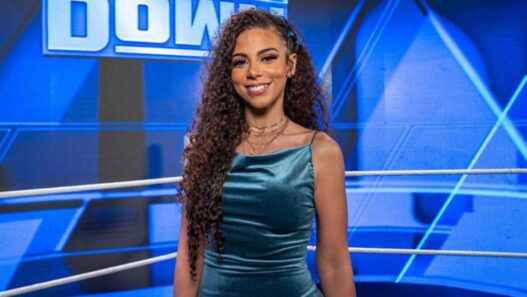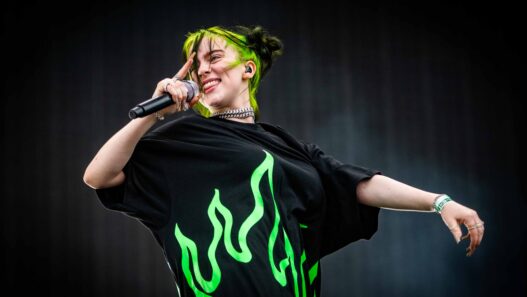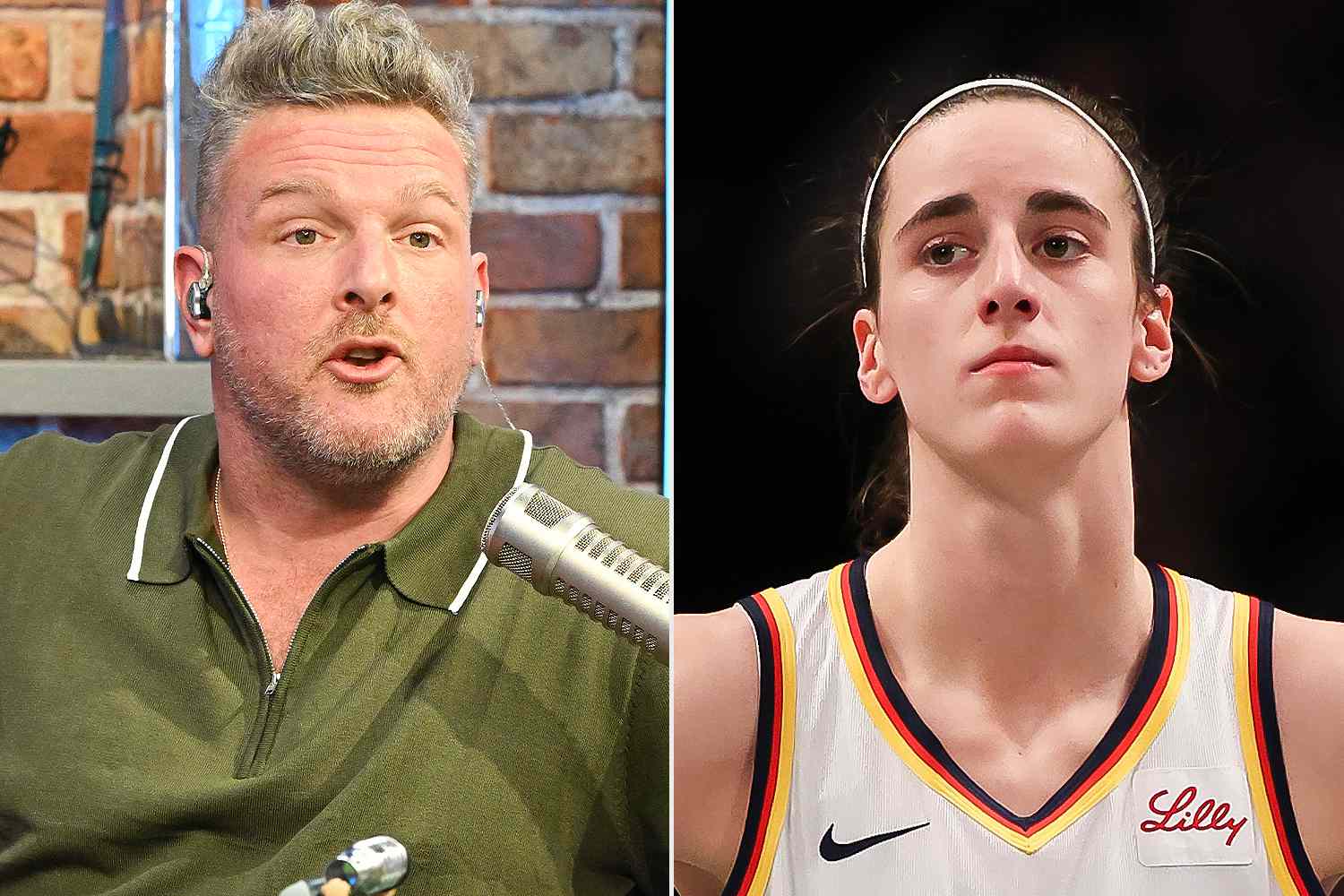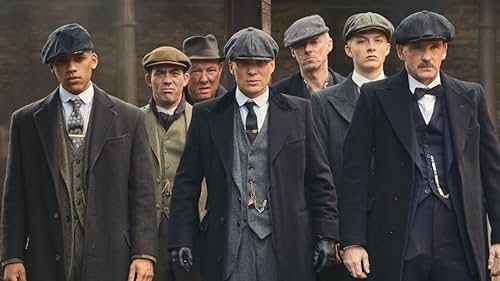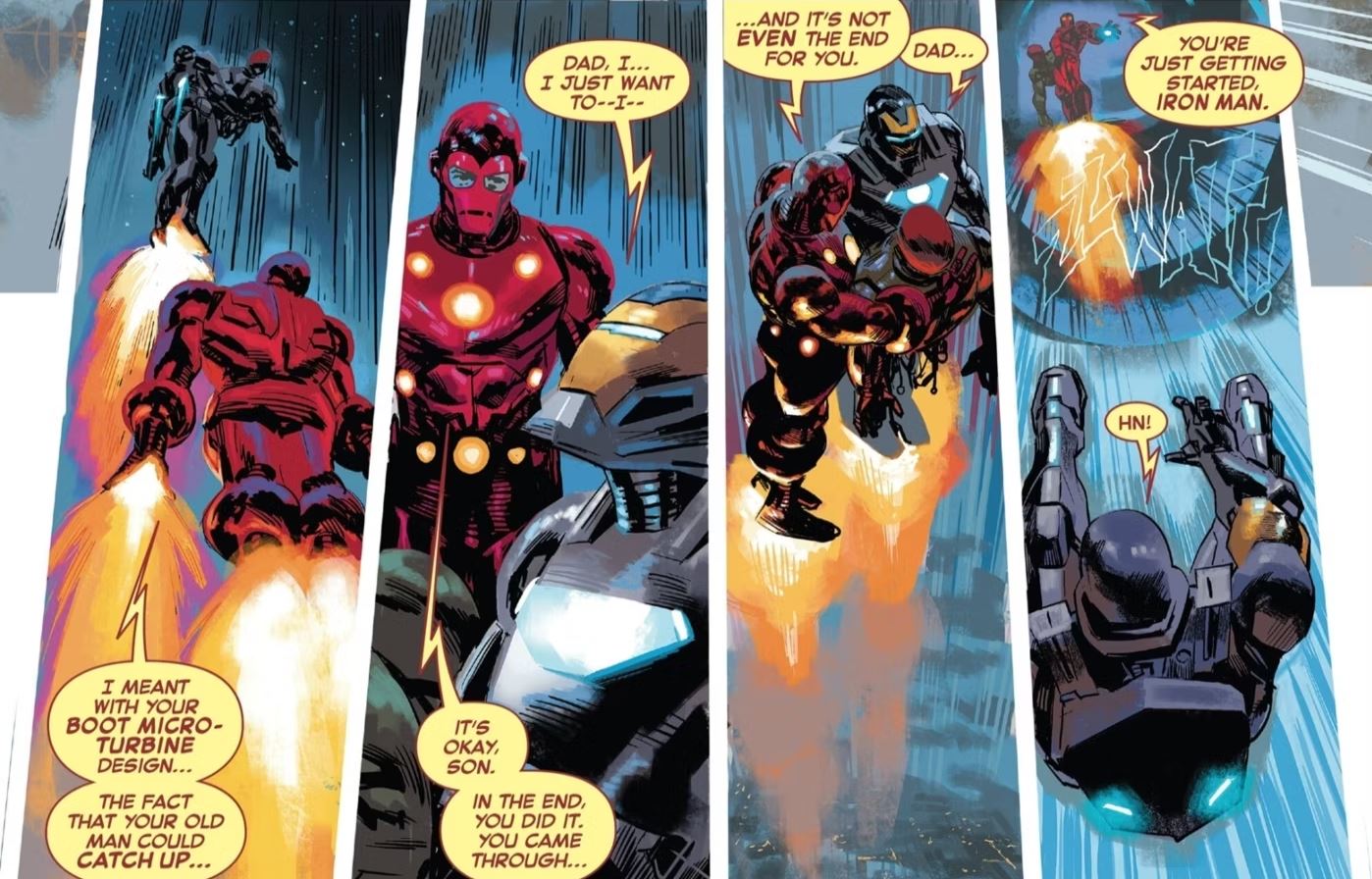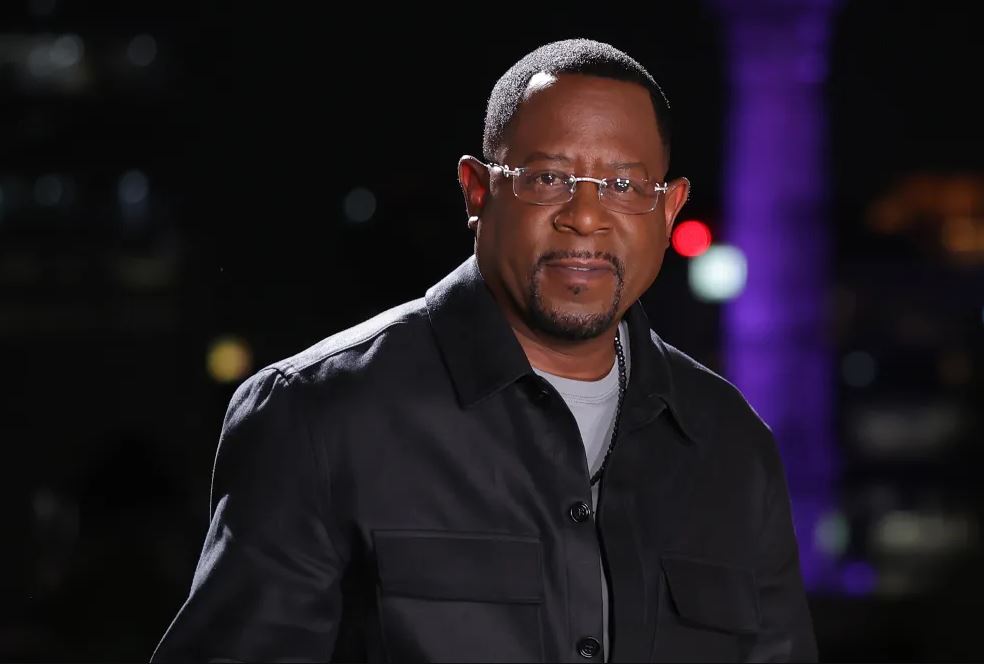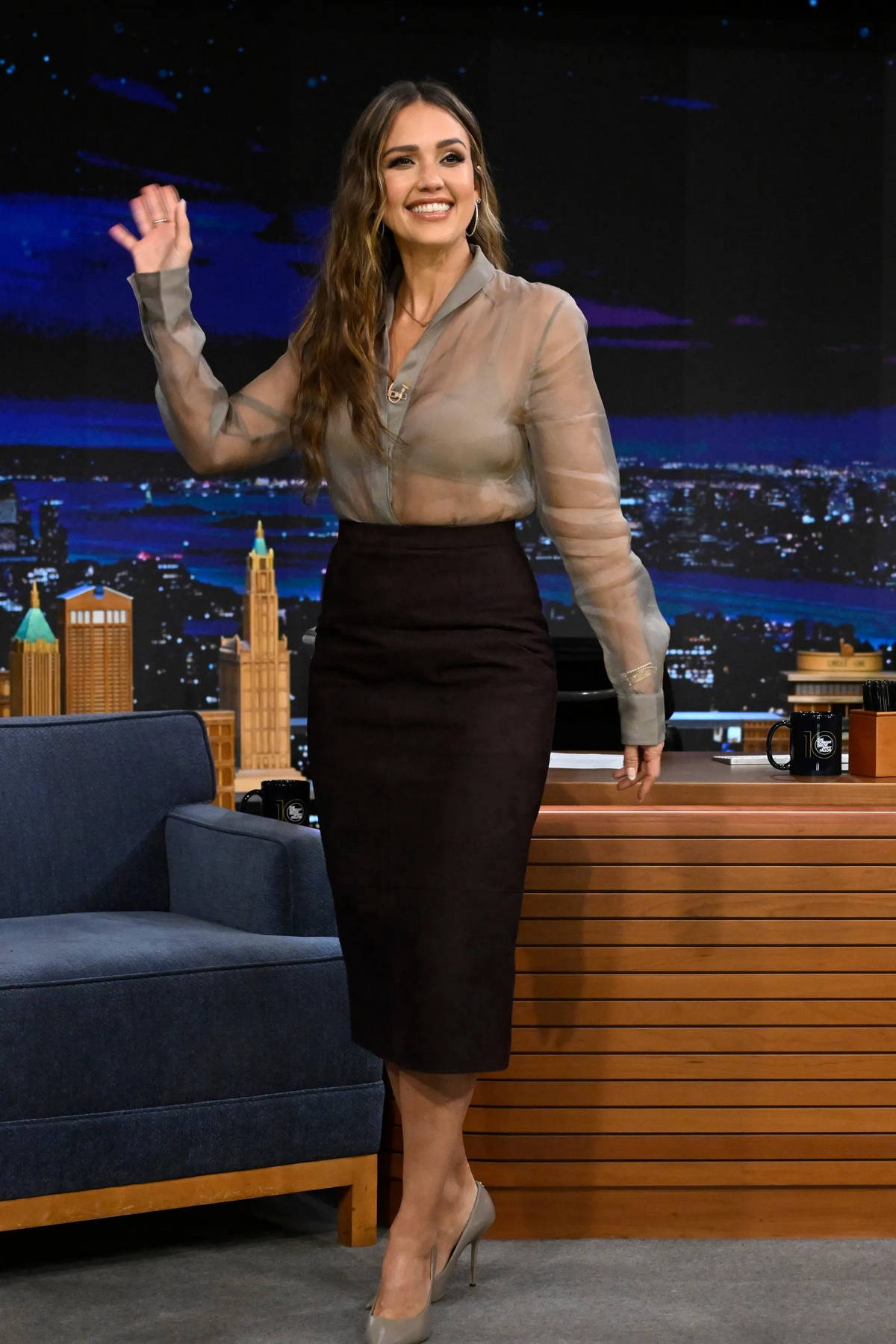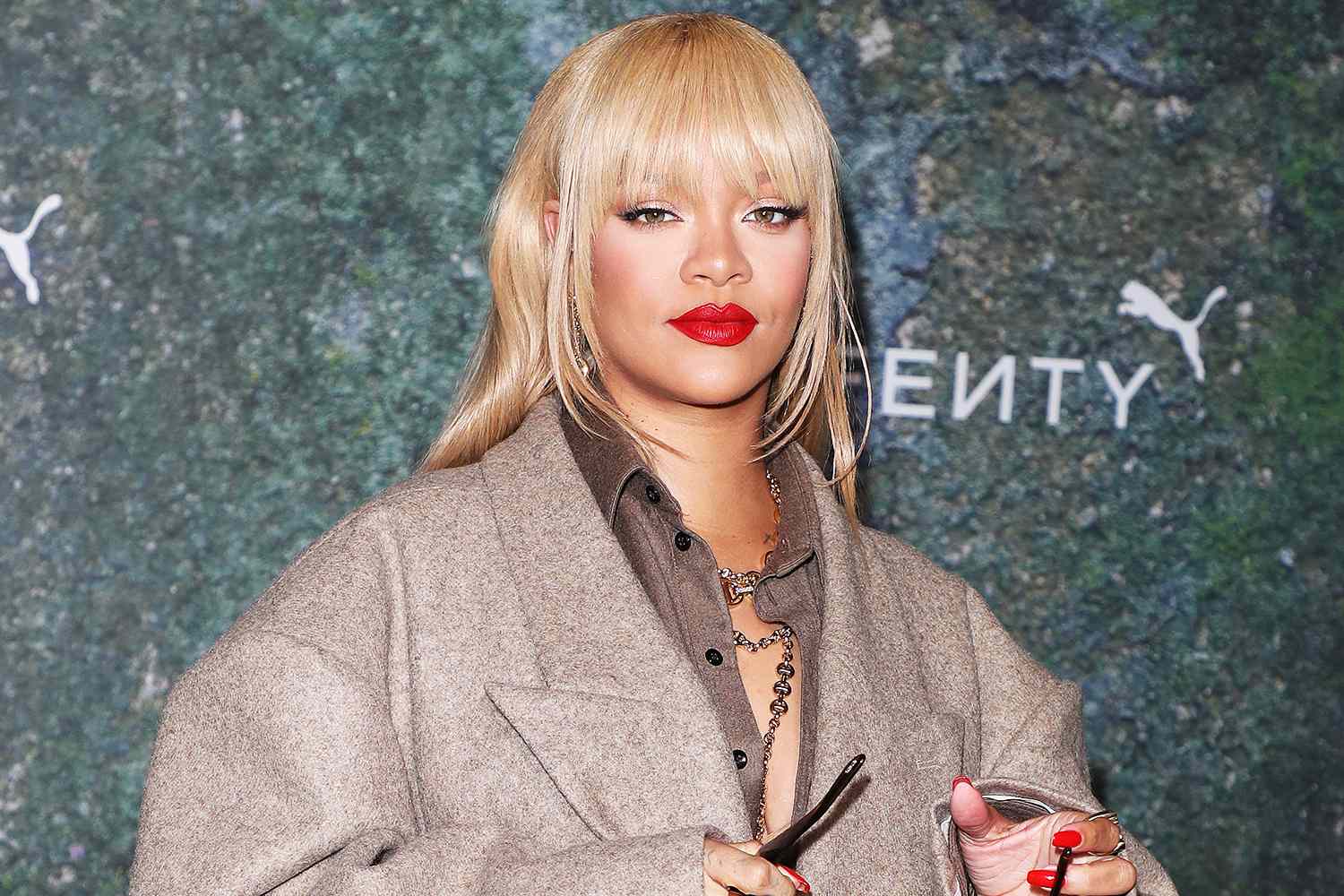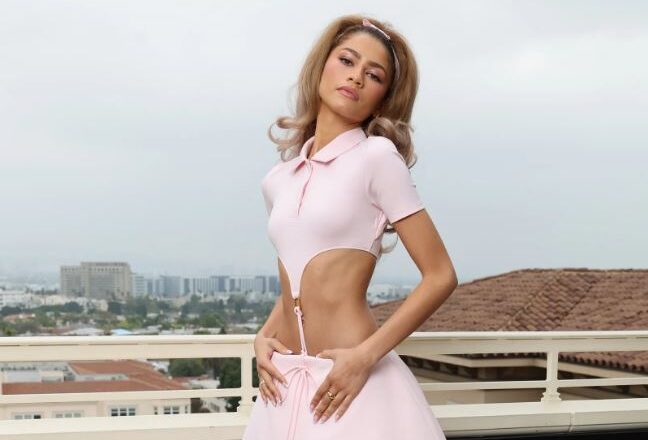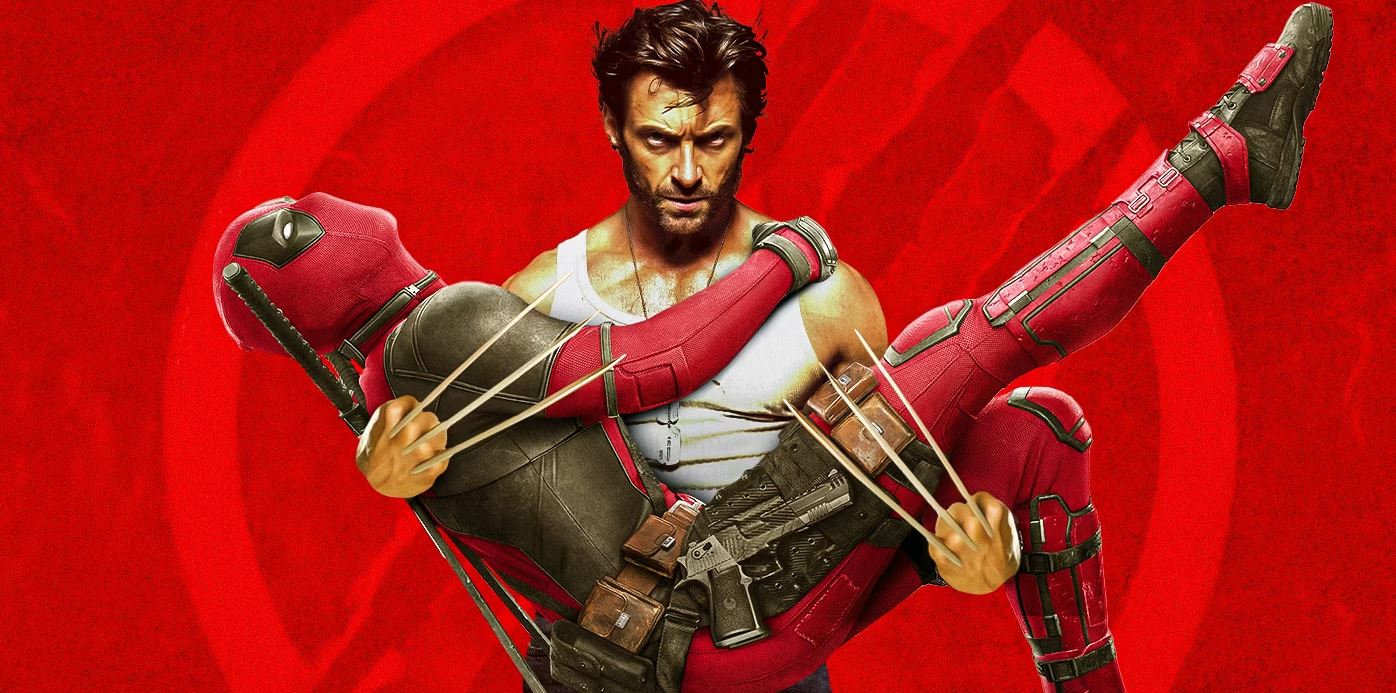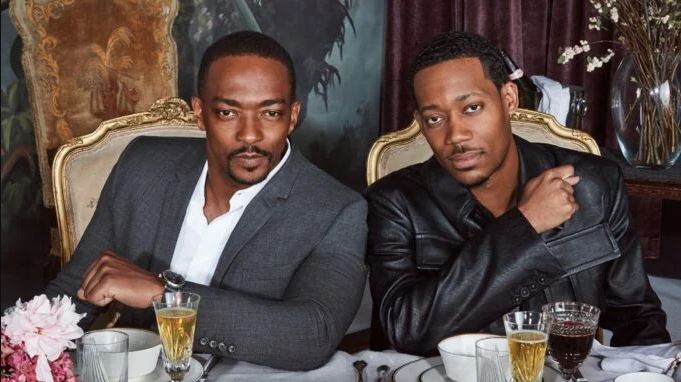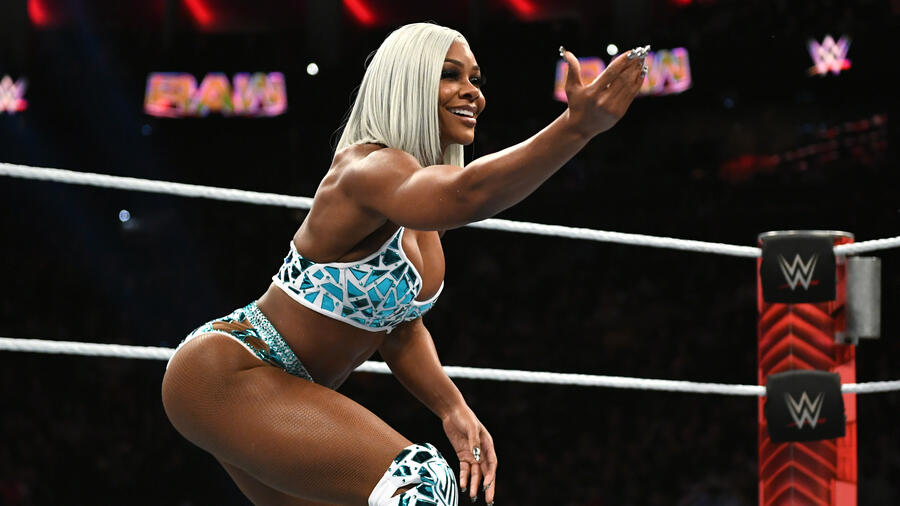Pat McAfee, the popular sports commentator, finds himself embroiled in controversy after making a derogatory remark about WNBA rookie Caitlin Clark. During his show, McAfee referred to Clark with a racial slur, sparking outrage and prompting calls for his dismissal from his role at ESPN.
The comment, widely condemned as inappropriate and disrespectful, targeted Clark, the number one draft pick for the Indiana Fever. While McAfee later issued an apology on social media, claiming his intention was complimentary, the damage was done.
“I shouldn’t have used [the slur] as a descriptor of Caitlin Clark,” McAfee wrote. “No matter the context…it certainly wasn’t at all. That’s 100% on me and for that I apologize.” [^1]
McAfee’s apology, however, failed to quell the rising tide of criticism. UltraViolet, a prominent women’s advocacy organization, is demanding ESPN/Disney sever ties with McAfee altogether. The organization points not only to this recent incident but also to “previous problematic behavior” on McAfee’s part [^2].
The public outcry echoes similar incidents where commentators have faced consequences for offensive remarks. Many are urging ESPN to take decisive action against McAfee, sending a clear message that such behavior will not be tolerated.
This controversy reignites the ongoing conversation about sexism and racial bias within sports media. McAfee’s comment, while seemingly aimed at praising Clark’s talent, ultimately demeans her accomplishment by resorting to a derogatory term.
The pressure now mounts on ESPN. Will the network hold McAfee accountable, or will this incident become another example of leniency towards commentators who engage in gendered racism? Only time will tell what action, if any, ESPN will take, but one thing is certain: the sports media landscape is watching closely.



